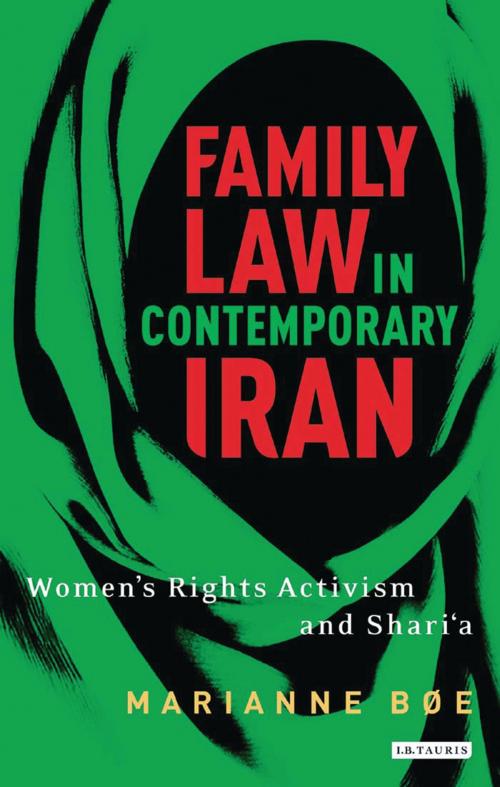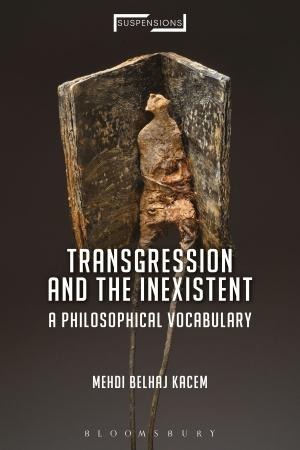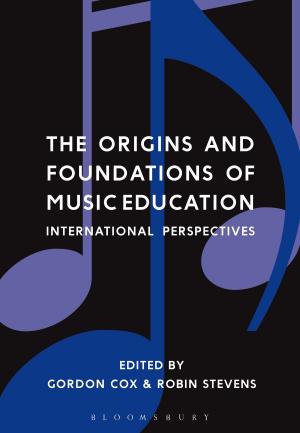Family law in contemporary Iran
Women's Rights Activism and Shari'a
Nonfiction, Reference & Language, Law, Social & Cultural Studies, Social Science, Religion & Spirituality| Author: | Marianne Bøe | ISBN: | 9780857737632 |
| Publisher: | Bloomsbury Publishing | Publication: | January 20, 2015 |
| Imprint: | I.B. Tauris | Language: | English |
| Author: | Marianne Bøe |
| ISBN: | 9780857737632 |
| Publisher: | Bloomsbury Publishing |
| Publication: | January 20, 2015 |
| Imprint: | I.B. Tauris |
| Language: | English |
Passed into law over a decade before the Iranian Revolution, the Family Protection Law drew the ire of the conservative clergy and the Ayatollah Khomeini, and was one of the first laws to be rescinded following the establishment of the Islamic Republic. The law was hardly a surprising target, however, since women's status in Iran was then – and continues now to be – a central concern of Iranian political leaders, media commentators and international observers alike. Taking up the issue of women's status in a modern context, Marianne Bøe offers a nuanced view of how women's rights activists assert their positions within an Islamic context. By weaving together religious and historical texts and narratives with discourses on human rights, these women are able to communicate their views to those in political power. Through her substantial fieldwork and innovative analysis, Bøe undermines both the traditional view of 'Islamic Feminism' as monolithic and instead highlights how women shape the debates surrounding shari'a, women's rights and family law. As such, this book is essential for anyone studying family law and the role of women in contemporary Iran.
Passed into law over a decade before the Iranian Revolution, the Family Protection Law drew the ire of the conservative clergy and the Ayatollah Khomeini, and was one of the first laws to be rescinded following the establishment of the Islamic Republic. The law was hardly a surprising target, however, since women's status in Iran was then – and continues now to be – a central concern of Iranian political leaders, media commentators and international observers alike. Taking up the issue of women's status in a modern context, Marianne Bøe offers a nuanced view of how women's rights activists assert their positions within an Islamic context. By weaving together religious and historical texts and narratives with discourses on human rights, these women are able to communicate their views to those in political power. Through her substantial fieldwork and innovative analysis, Bøe undermines both the traditional view of 'Islamic Feminism' as monolithic and instead highlights how women shape the debates surrounding shari'a, women's rights and family law. As such, this book is essential for anyone studying family law and the role of women in contemporary Iran.















